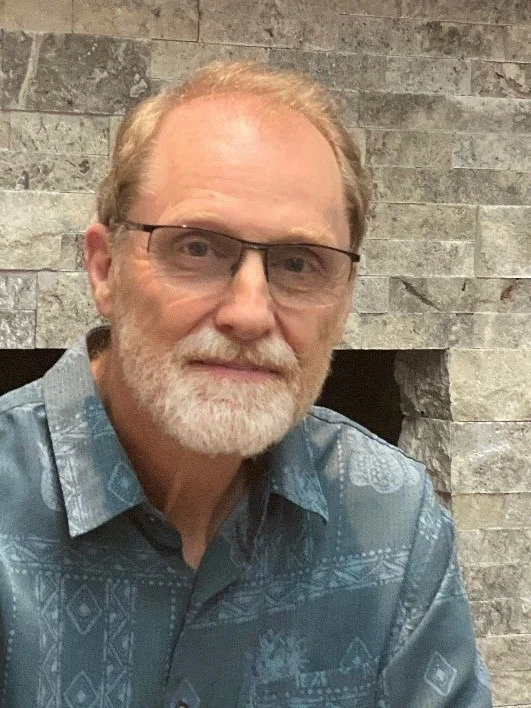Don’t Ignore Opportunity’s Knock
-dont-ignore-opportunitys-knock-400.jpg)
 When I was growing up I used to love to build things. I would design them in my head and then try to turn my designs into reality. Unfortunately for me my parents only half-heartedly supported my interest, and as I grew older it faded into the back ground. I know now that this activity is one of my natural talents, but the lack of support transformed a developing natural talent into a dormant opportunity.
When I was growing up I used to love to build things. I would design them in my head and then try to turn my designs into reality. Unfortunately for me my parents only half-heartedly supported my interest, and as I grew older it faded into the back ground. I know now that this activity is one of my natural talents, but the lack of support transformed a developing natural talent into a dormant opportunity.
Opportunities are possibilities that require action in order for them to transform into realities. Everyone has heard the phrase “opportunity lost” or has experienced feeling as though they have let an opportunity slip past them. Both of these focus on external opportunities that may not present themselves again, and that may indeed be lost.
There is another type of opportunity that may not have yet been seized, but are far from being lost. These opportunities are the dormant talents that each person has that wait patiently until they are recognized and acted upon.
Unlike their external counterparts, these internal opportunities cannot be “lost” in that they are always there. They can be missed if you are not willing to make the effort to discover them and initiate the actions necessary to turn them into talents.
As an adult I found myself repeatedly drawn to construction projects around the house and finally into one of the great adventures of my life, building my own house. It was a huge undertaking that took seven years and required enormous effort, focus, and new learning, but in doing it a long dormant opportunity emerged as the natural talent it is.
Internal opportunities are natural skills that are hidden from you, that you are not aware of, or, as in my case, have been suppressed.
They may be hidden from you because early expression was punished rather than rewarded. They may be hidden from you because early expression was not protected and praised. You may not be aware of them because you do not believe them to be anything exceptional or special. The reason they are hidden from you is not important.
The important thing is to discover them and learn how to make the most of them. Opportunities such as these are like muscles that you have but never exercise. They function, but poorly and without great effect. The good news is that like unused muscles, these opportunities can be consciously exercised and strengthened.
In re-discovering my own hidden opportunity I had to overcome all sorts of internal judgments and get past the inevitable poor early attempts. But ultimately the feelings of satisfaction and joy that came with each success made it impossible to keep my skill dormant.
When you have recognized a previously hidden talent and discovered the skills that support it, an amazing conversion takes place. The opportunity transforms into a talent!
Many people are surprised when they discover internal opportunities they never knew they had. I never realized how powerful and creative this talent was until I embraced it!
Others admit sheepishly that they were aware of the role and the skills, but did not think that it was anything special. People ask me in amazement how I learned how to do what I did. I have no answer and have to admit that I thought anyone could do what I did if they really wanted to.
I have discovered that this lack of self-recognition is very common and a hallmark that the unrecognized skill is an opportunity just waiting to blossom into its full expression.
Hidden opportunities rob you of your full life’s potential and keep your natural talents from shining forth. To do more of what you do best requires you to use all of your talents to their fullest. Turning your opportunities into talents is an important step.
Please share your thoughts on this topic in the comment section below.
Find out more about the services we have available to help you find the success you want and deserve!
© Vega Behavioral Consulting, Ltd., All Rights Reserved
About Dr. Gary M. Jordan, Ph.D.
Gary Jordan, Ph.D., has over 35 years of experience in clinical psychology, behavioral assessment, individual development, and coaching. He earned his doctorate in Clinical Psychology from the California School of Professional Psychology – Berkeley. He is co-creator of Perceptual Style Theory, a revolutionary psychological assessment system that teaches people how to unleash their deepest potentials for success. He’s a partner at Vega Behavioral Consulting, Ltd., a consulting firm that specializes in helping people discover their true skills and talents.
Additional information about Dr. Jordan